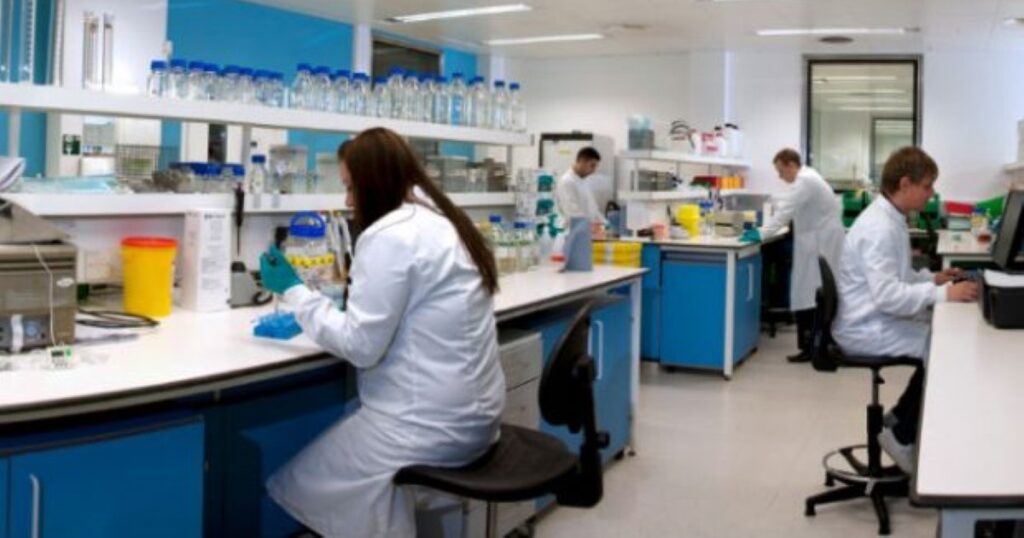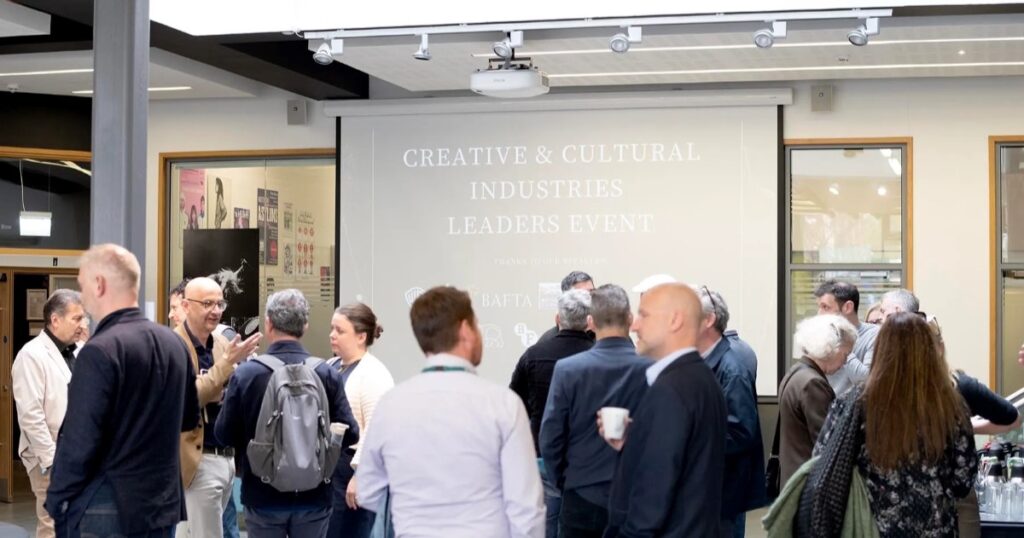Surrey Research Park celebrates 40 years of innovation in 2025. And 600 people including businesses, staff and students came together to celebrate the achievements.
Surrey Research Park is a vibrant innovative business community of more than 200 companies across a 70 acre site.
It was established in 1985 by the University of Surrey. And businesses on the park are estimated to contribute £660 million a year to the Surrey economy.
Surrey Research Park 40 years celebration saw a community festival taking place earlier this month (June 17, 2025).
Surrey Research Park 40 years celebration
About 600 people – including Guildford MP Zöe Franklin – gathered to mark 40 years of innovation in Surrey.
Employees from 60 companies and partner organisations took part in a dynamic expo, showcasing their sector-leading innovation, research, and company stories.
Several guest speakers also shared fond memories of their time at the park, including:
- Dr Malcolm Parry OBE, one of the Park’s visionary founders
- Professor Sir Martin Sweeting, founder of Surrey Satellite Technology Limited (SSTL)
- Peter Molyneux, founder of 22 Cans and early pioneer of the Guildford games industry
- Mark Bennett, Technology Director, BAE Systems Digital Intelligence
- Juliet Jones, Chief Scientific Officer at NatureMetrics, runner-up in the 2024 Earthshot Prize
The event also saw the launch of the Park’s new self-guided, AI-enabled and interactive Augmented Reality tour.
The celebrations also provided students from the University’s Department for Hospitality and Events to gain hands-on experience in event management.
Meanwhile, over in the Surrey Technology Centre, the Space Enterprise Lab was temporarily converted into a high-tech TV studio, livestreaming a two-hour innovation and technology show to viewers around the world.
Caroline Fleming, Director of Surrey Innovation District and Innovation Lead for Surrey Research Park, said:
“I think everyone really felt the vibe of a strong community that’s been built here. We heard from companies proud to call it their home, and from researchers excited to do more with those businesses. For me, it’s been a fantastic event.”
About Surrey Research Park
Surrey Research Park offers versatile office space in a vibrant innovative community. It helps meet the needs of pioneering tech and research-led companies – from solopreneurs and entrepreneurs, ambitious startups and microbusinesses to SMEs, large companies, multinationals and primes.
By joining the Surrey Research Park community, your business can benefit from:
- Access to top-tier talent, expert collaborations, and world-class facilities that span disciplines and sectors.
- Spaces for every business need, from workstations in our incubator and small offices to expansive units up to 40,000 sq ft, designed to support your growth and innovation.
- Exceptional connectivity with on-site parking and a strategic location near London and major international hubs.
Discover how it could help your team thrive and your business grow by contacting Surrey Research Park direct.
Looking for more bespoke support to grow your Surrey business? Contact our team of experts for a free consultation via our Business Support Form.
















